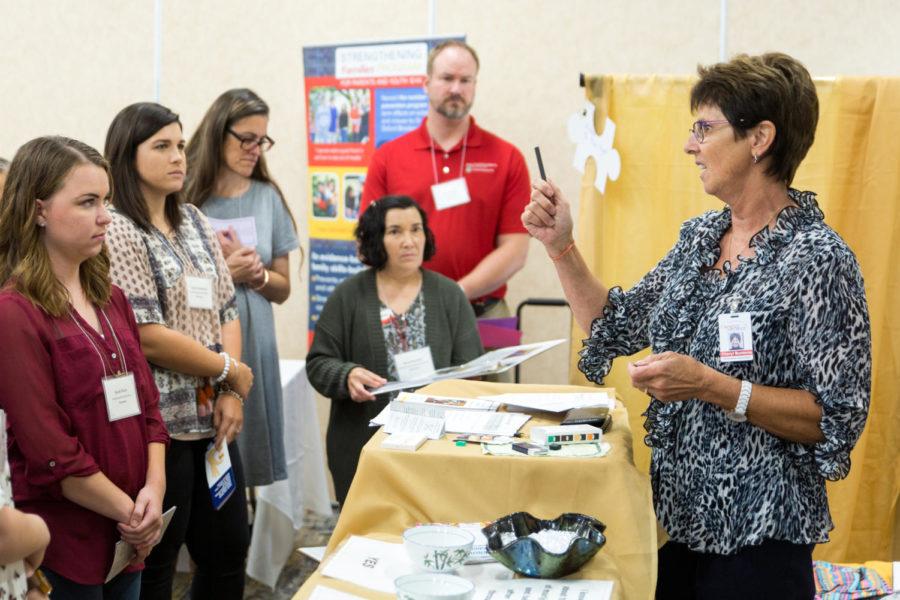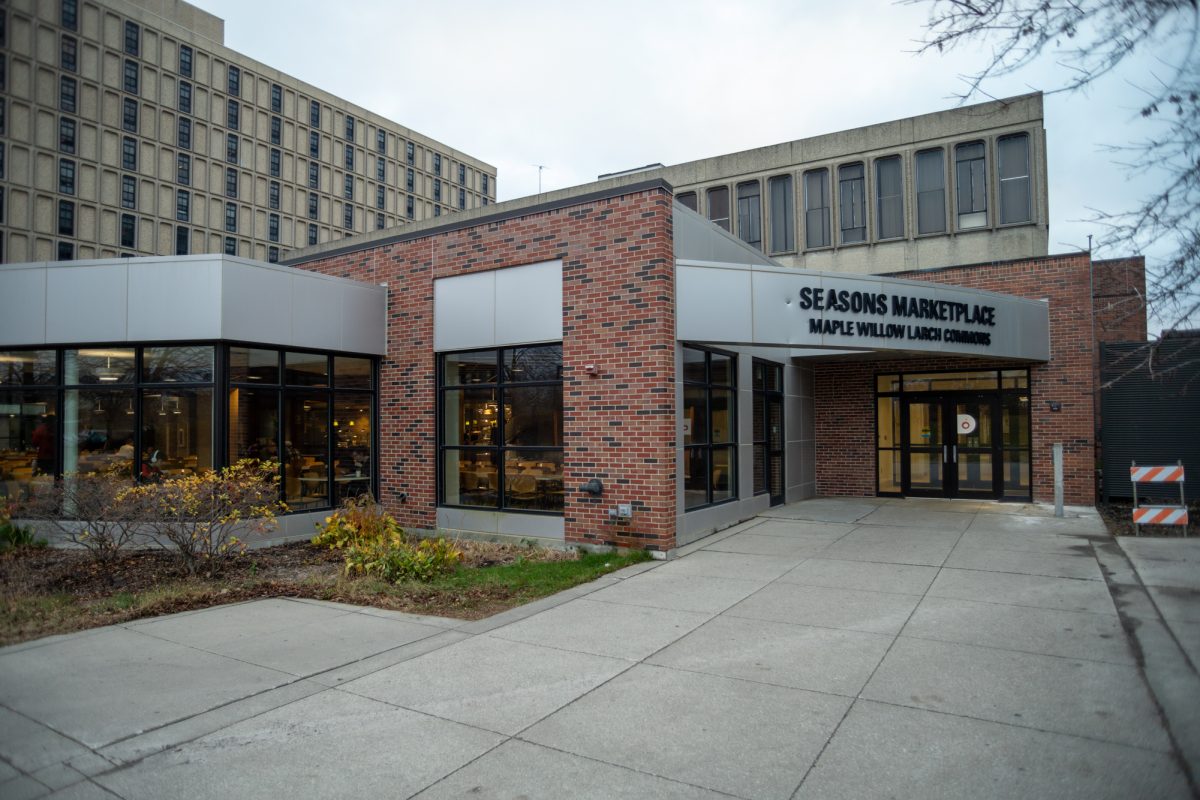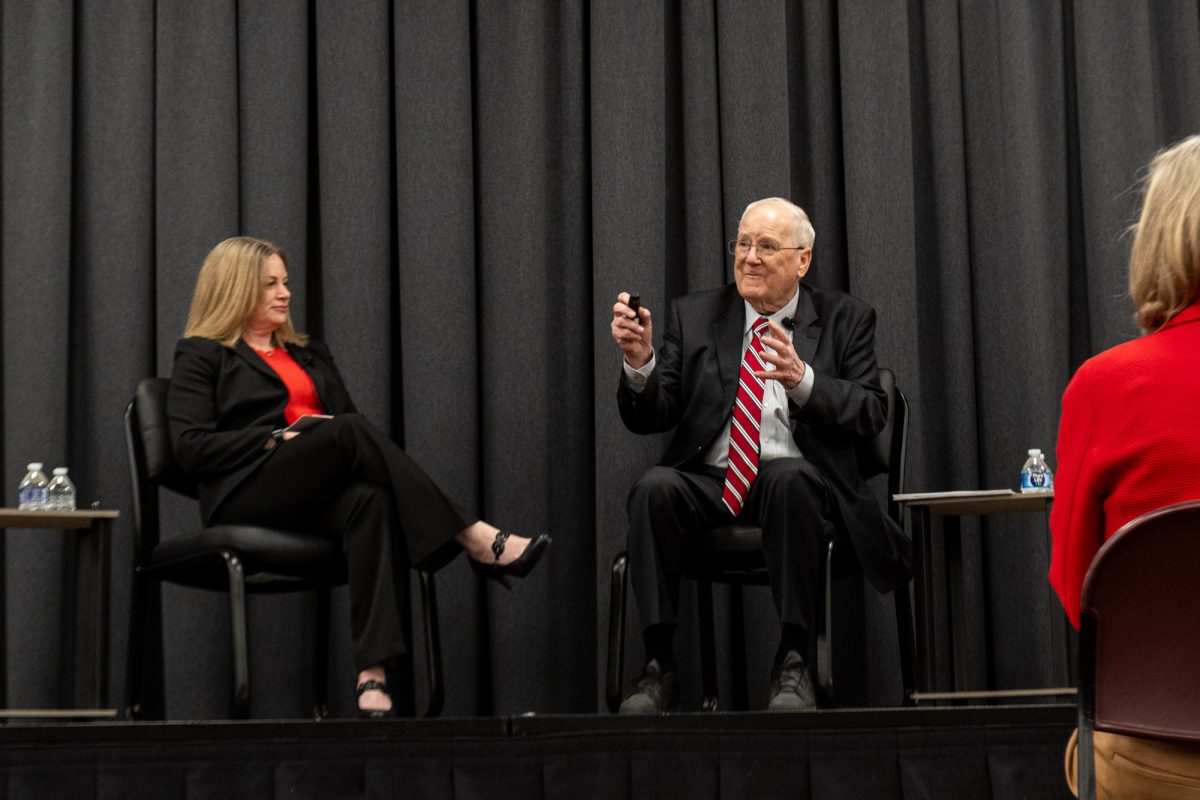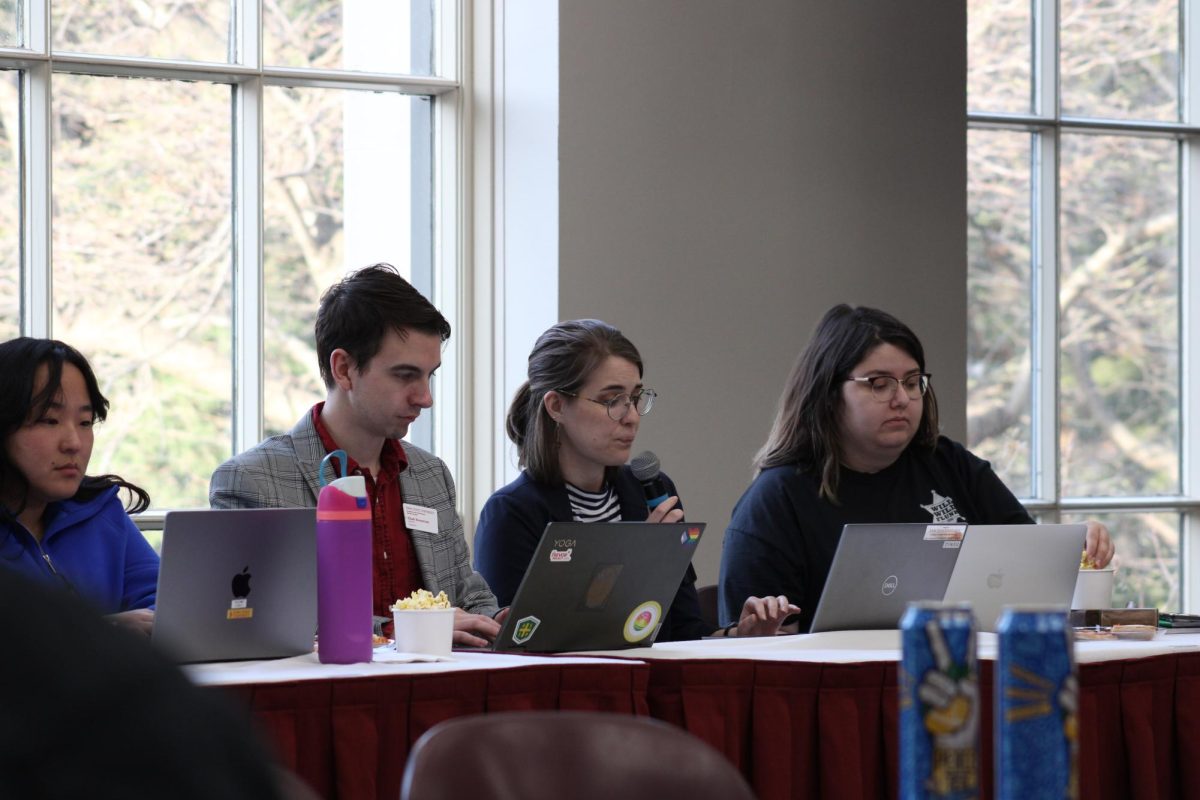Opioids workshop draws community leaders
Courtesy of Ryan Riley College of Human Sciences
Research leaders gather for the “planning to Take Action Against Opioids in Your Community,” Event on Sept. 13.
September 19, 2018
Research leaders in Ames are taking action to prevent the opioid epidemic’s spread throughout Iowa.
More than 120 government officials, physicians, educators, and other community leaders from 30 counties came together on Sept. 13 for “Planning to Take Action Against Opioids in Your Community.”
The workshop was hosted by Iowa State’s Prosper RX project and served primarily to connect community leaders to each other and other resources available to combat the potential rise of opioid usage in their communities, according to the director of the Prosper RX project, Lisa Schainker.
“What we were trying to do was help them network and get with people in their counties so that they had people to partner with,” Schainker said. “Then we gave them a toolkit which gave them a whole bunch of ideas, strategies and different ways to engage with the people that they already reach.”
The toolkit includes resources to educate community members on opioid usage as well as prevention strategies.
At the workshop, two women spoke about the effects the opioid epidemic has had on them personally.
One woman, a middle school teacher who previously struggled with an opioid addiction, said she tells her students her story of becoming addicted to prescription opioids that she originally took for pain after a surgery.
The other, the mother of a woman who was addicted to opioids, told workshop participants her daughter’s addiction began as self-medication.
“She took them not to get high, just to feel normal,” Schainker said. “We wanted to show that addiction happens in a lot of different ways and also that people can recover.”
Other presentations at the workshop included how quickly the brain’s pain receptors grow in reaction to a forming addiction and how minors can hide drugs in their room using disguises such as soda cans.
Schainker believes the workshop went well and left participants with informational resources as well as a new network of potential partners for their advocacies.
“People really appreciated what we had to offer, I think,” Schainker said.






